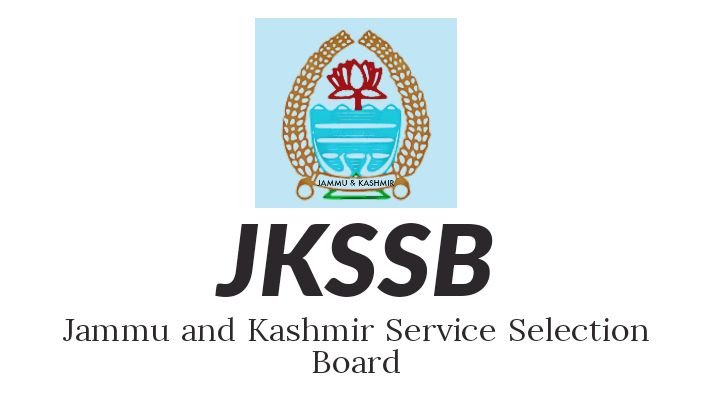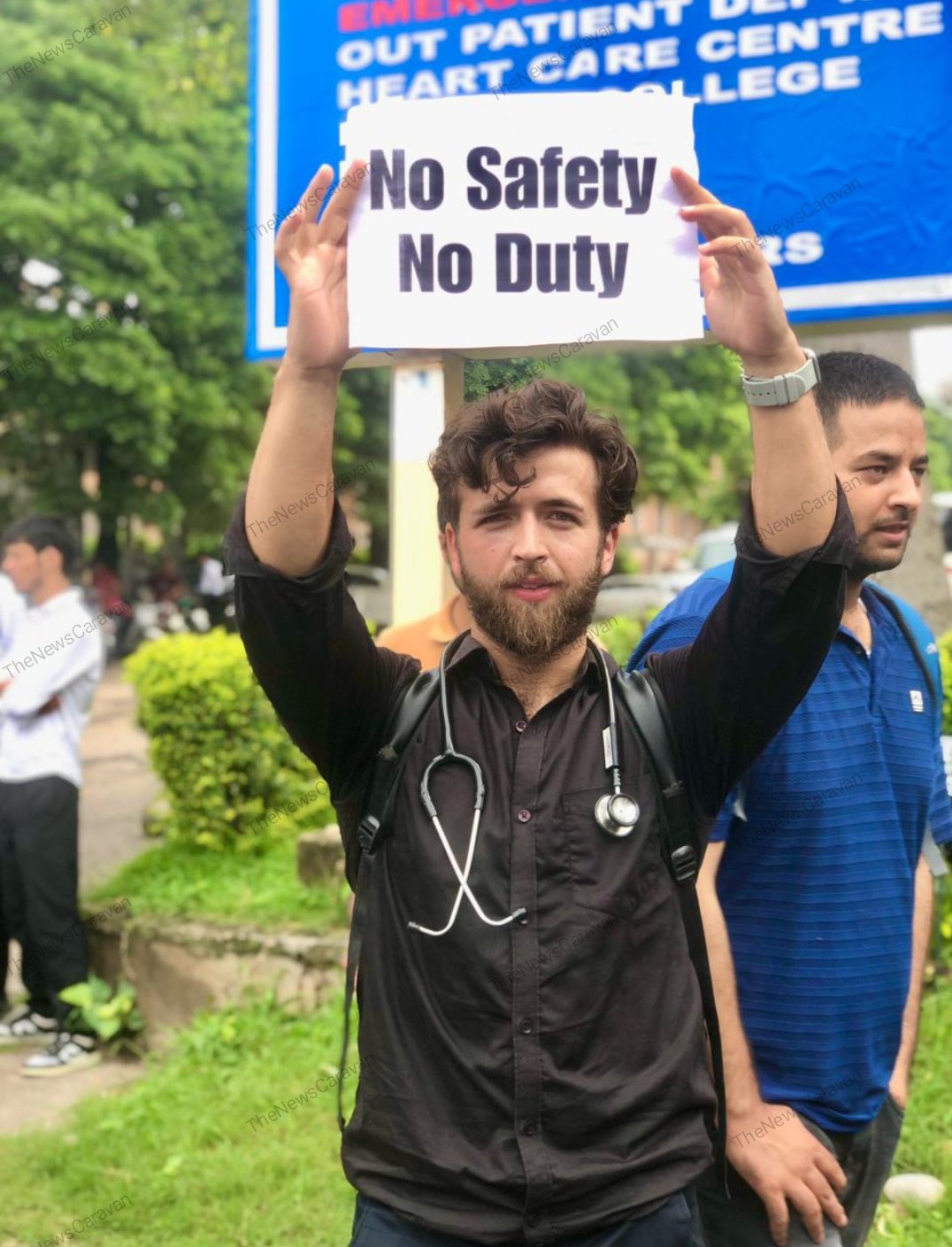[ad_1]
Hope has been hard to find in Yemen. After more than eight years of war, at the cost of hundreds of thousands of lives, many of them civilians, the situation is desperate. More than two-thirds of the population are dependent on humanitarian aid. Yet, since the agreement of a truce between the Saudi-led military coalition and Iran-backed Houthi rebels last April, the country has seen a year of relative calm. This month, there was a huge cross-border exchange of prisoners of war. In the background is the thaw between Iran and Saudi Arabia, which have used Yemen as the battleground for their rivalry.
Riyadh spearheaded the coalition supporting the internationally recognised government led by Abd Rabbu Mansour Hadi, which had been ousted by the Houthis. It soon discovered that there would be no speedy victory, that the conflict was draining billions from its coffers and that Houthi attacks on its oil infrastructure were increasing the expense. The Houthis also had reason to talk, having suffered heavy losses and struggling with fuel shortages.
The UN says that this is the best opportunity in years to end the war. It has also warned that the risk of the situation deteriorating again is very real. The reestablishment of Iran-Saudi relations is still in its early stages. More critically, while much of Yemen’s devastation resulted from foreign powers pushing their own agendas in an impoverished and fragile country, this was never just a proxy war. It is a complex and fractured dispute that has become more so with time.
If Saudi-Houthi talks make progress, Riyadh says the next step will be talks between the Houthis and the Presidential Leadership Council (PLC), to which President Hadi ceded his powers. The fragmented, unwieldy body includes officials from internationally recognised bodies and the leaders of armed groups. They are united by their opposition to the Houthis and are alarmed at being cut out of current negotiations. Bringing the peace process under UN auspices would help to build confidence. But the Houthis are emboldened, and their opponents have wildly different and contradictory agendas, including seeking a separate state in the south. Saudi Arabia and the United Arab Emirates have backed different PLC members, reflecting varying interests. Forging a consensus will be immeasurably difficult. The proliferation of militias and entrenchment of a war economy are among the challenges making peace look more distant than it did eight years ago.
Even if these parties can agree a deal, those who have suffered most – civilians – will be missing from the table. They deserve representation. Responsibility for their ordeal also extends far beyond the fighters on the ground. The US and UK have sold billions of pounds worth of weaponry to Riyadh since the conflict began. All parties have been responsible for human rights abuses, attacks on civilian targets and the blocking of humanitarian aid, but there has been no hint of accountability for the lives lost. The international community should press the case for effective and impartial investigations, and a transitional justice process. It should also find the money required to provide essential aid and services and fund the urgently needed operation to avert a catastrophic oil spill off the coast.
There can be no peace without talking to all those waging this war. But nor can Yemen recover if control of its future is ceded solely to those who have done so much to destroy it.
[ad_2]
#Guardian #view #hopes #Yemen #long #road #peace #Editorial
( With inputs from : www.theguardian.com )










